
New HBLB Equine Science Research, Education Awards in 2017
Also, the HBLB announced that the application round for awards to start in 2018 is now open.
All aspects of caring for performance horses

Also, the HBLB announced that the application round for awards to start in 2018 is now open.

The key is to ensure the hay, haylage, or grass has enough high-energy nutrient value to cover the horse’s needs.

Scientists say Friesians benefit from specific exercise regimens and warmups based on their anaerobic threshold.
Seventy-one Thoroughbred industry-related nonprofits received grants totaling $462,139 in 2017.

Join us live from the United States Pony Club 2017 Festival and learn how to take care of your experienced Pony Club mount!

Learn about the signs, diagnosis, and management of repetitive stress-related fetlock injuries in racehorses.

Our nutrition expert, who’s also a USPC regional supervisor, shares the basic nutrition rules every Pony Clubber learns.

Washington State University vets say Inland Northwest owners should watch horses carefully as temperatures rise.
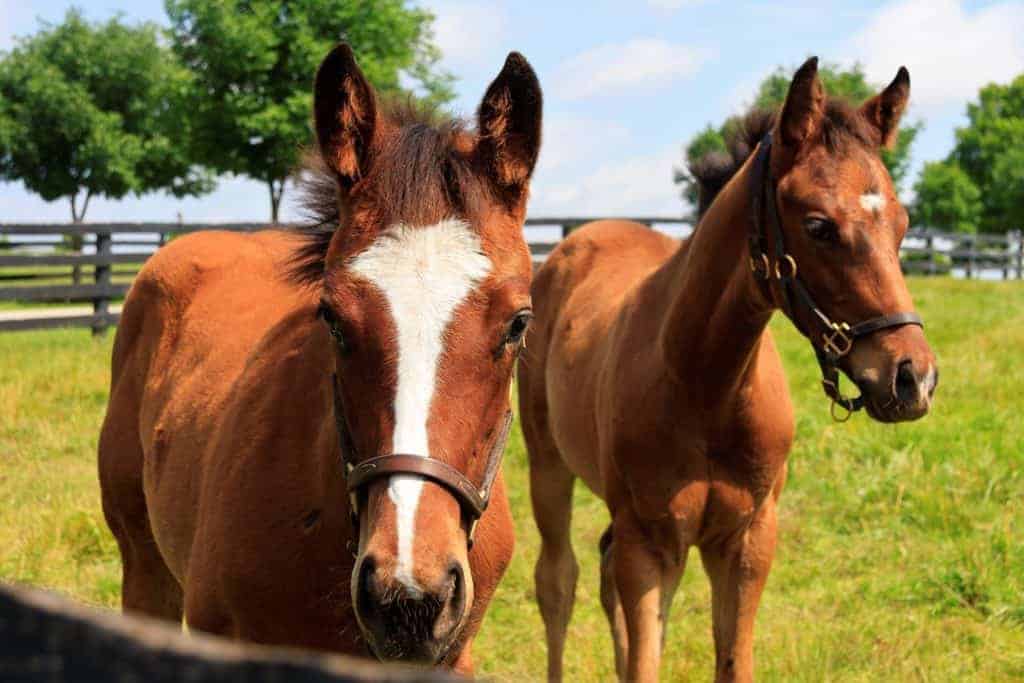
Genetic and genomic research could help veterinarians diagnose disease early and select more targeted treatments.
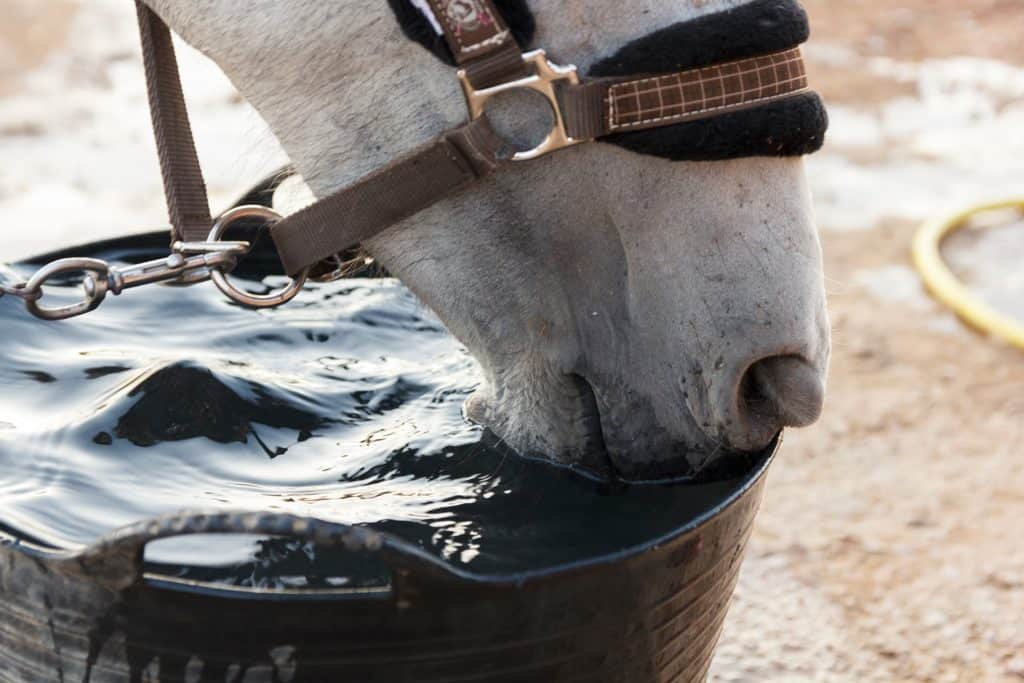
Find out why some horses won’t consume water away from home and learn how to keep him hydrated.

Researchers are looking at how diet might influence how horses respond to stress and disease.
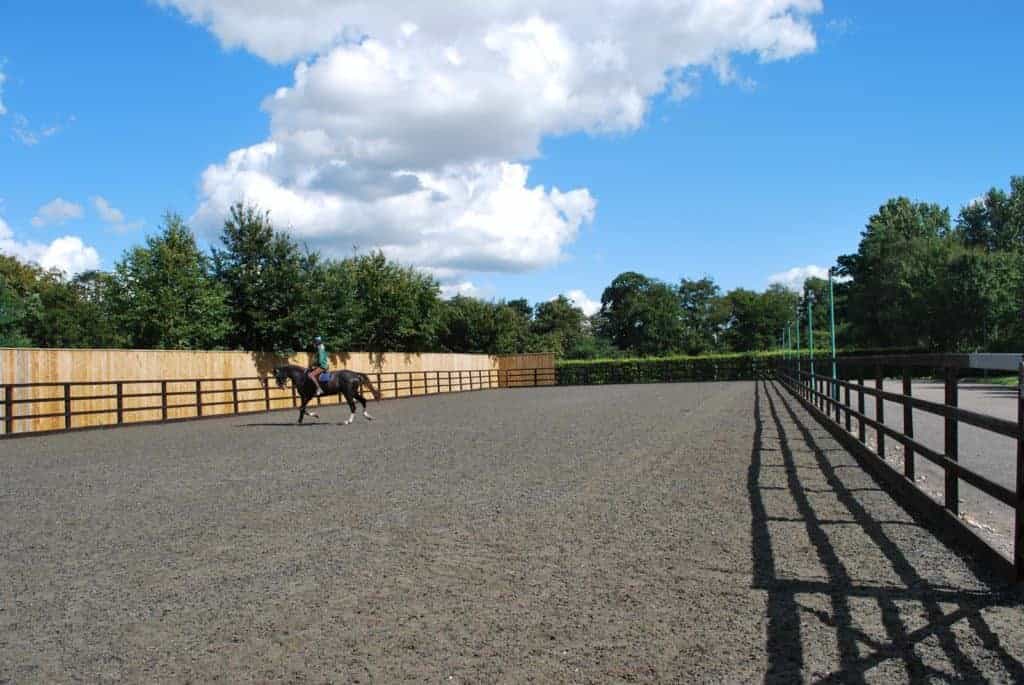
Find a safe and durable footing to support your horse’s soundness.

Researchers say this seems to confirm lore that some horse breeds are more susceptible to EMS than others.
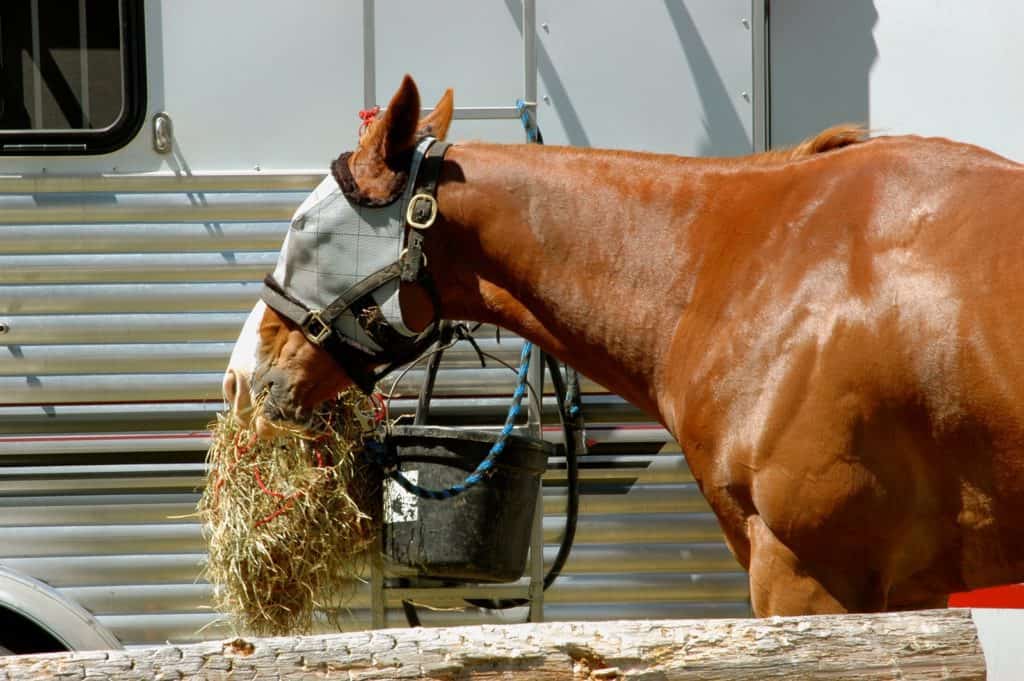
Travel stress can lead to gastric ulcers and colic. Use these strategies to help keep your horse healthy away from home.
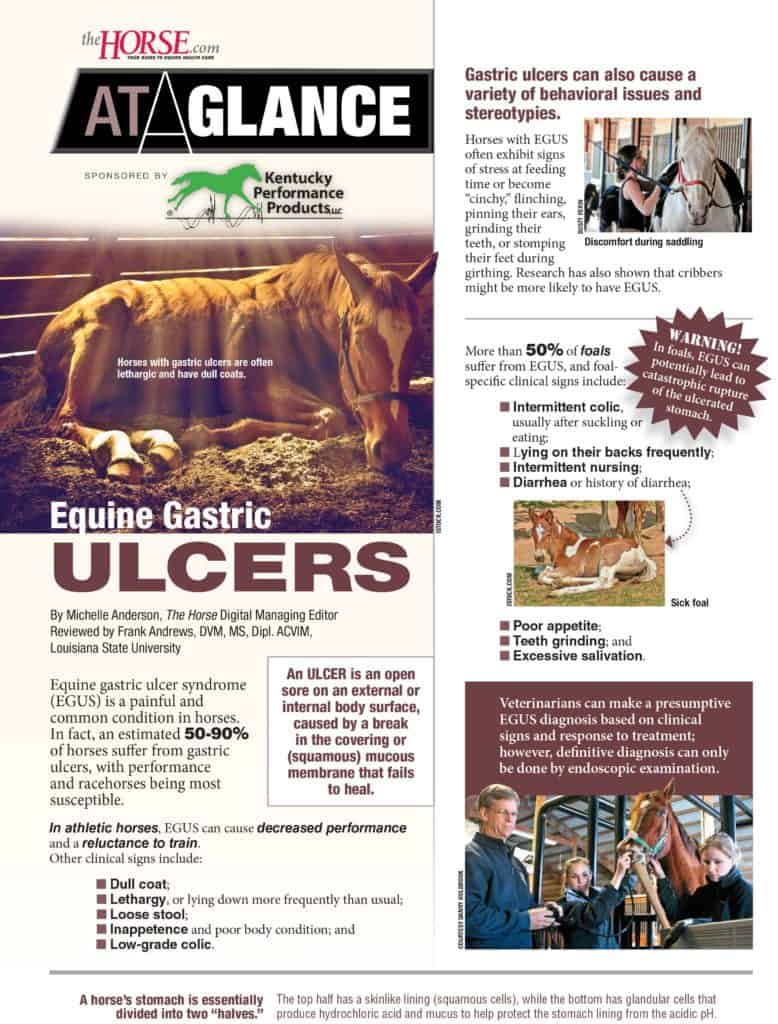
Equine gastric ulcer syndrome (EGUS) is a painful and common condition in horses. Download this free guide to learn more!

Dental pulp injections helped reduce pain and improve lameness in horses with soft tissue injuries and arthritis.
Stay on top of the most recent Horse Health news with
"*" indicates required fields